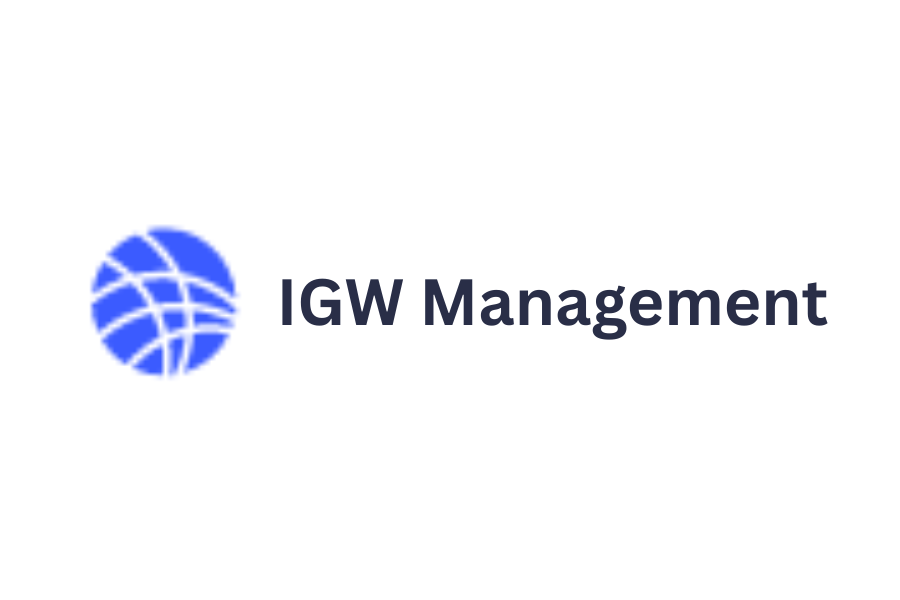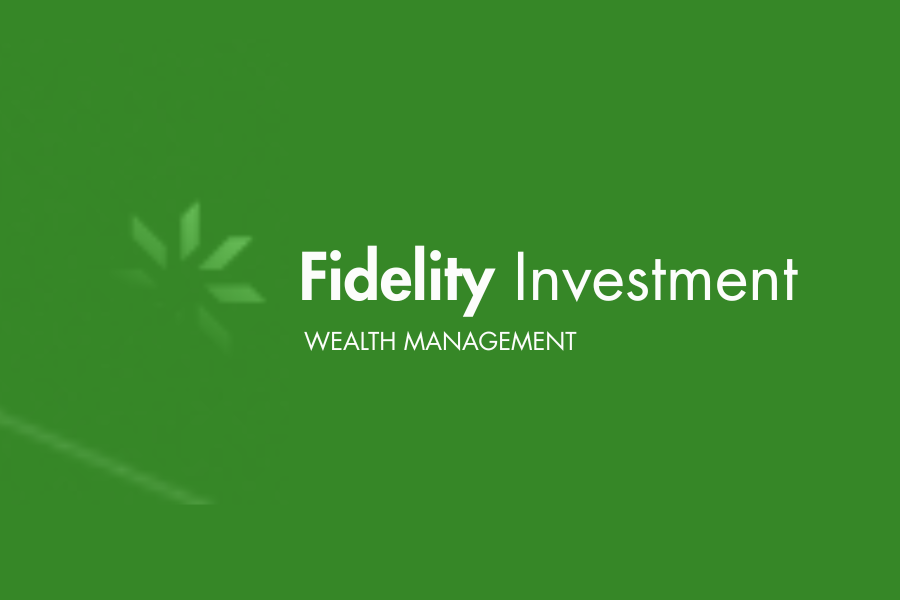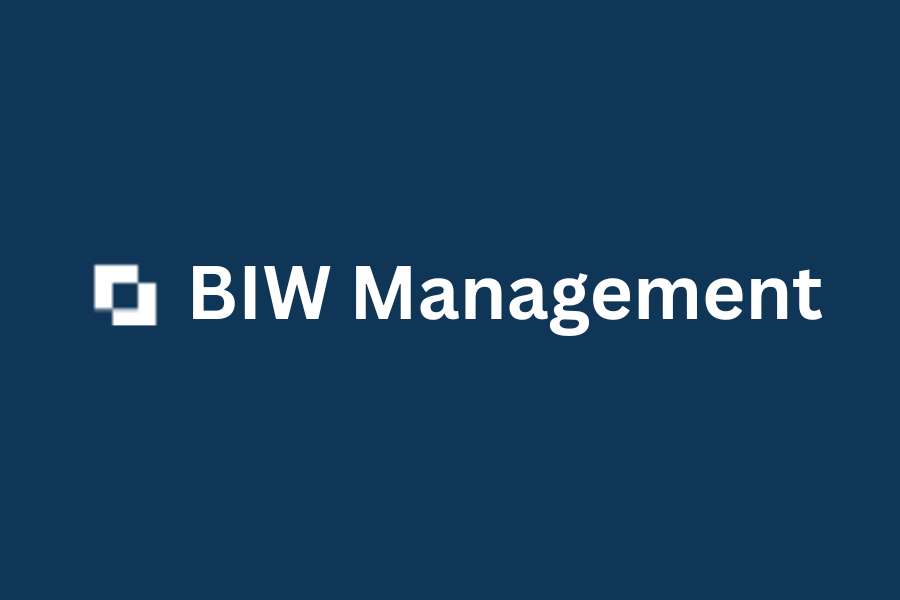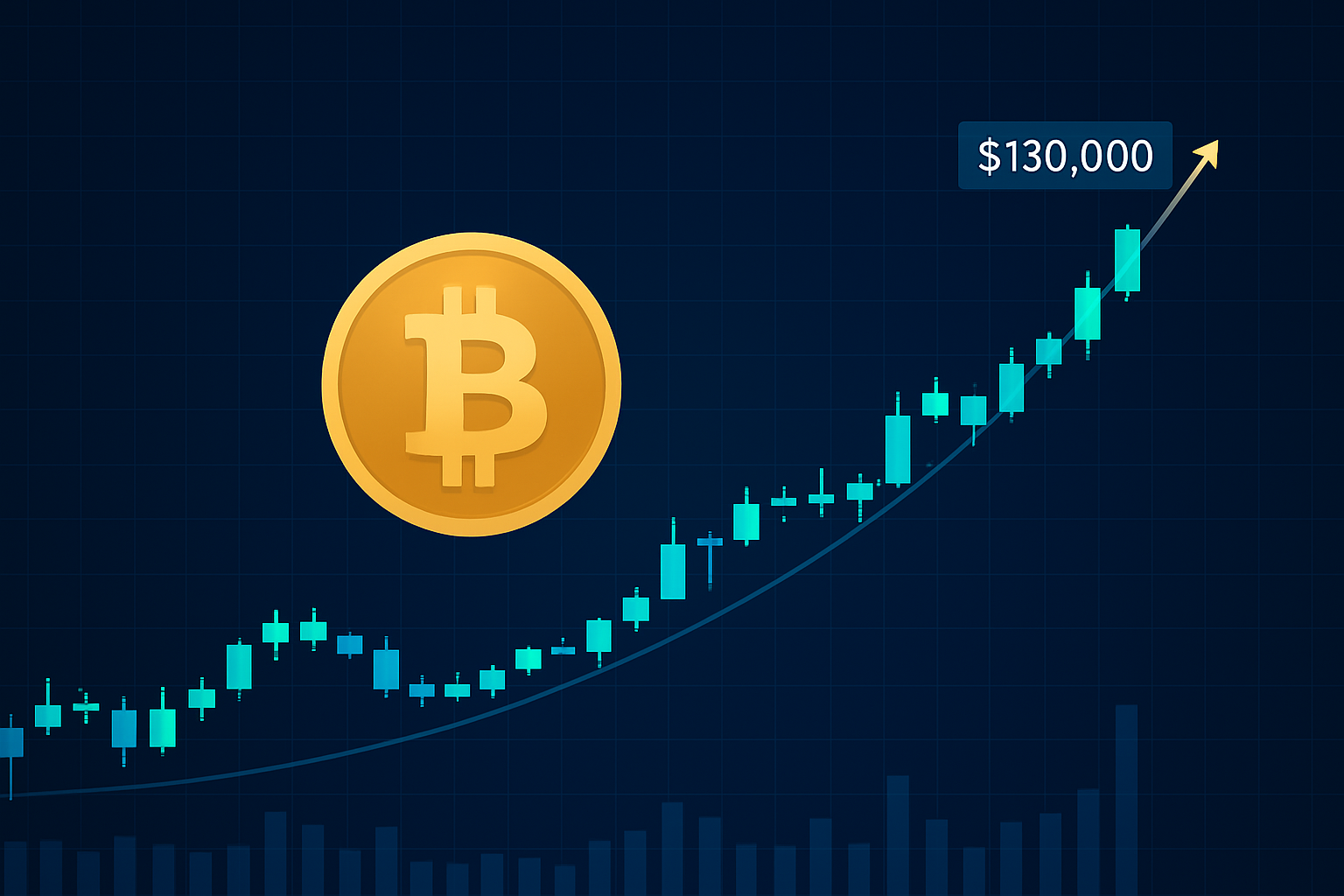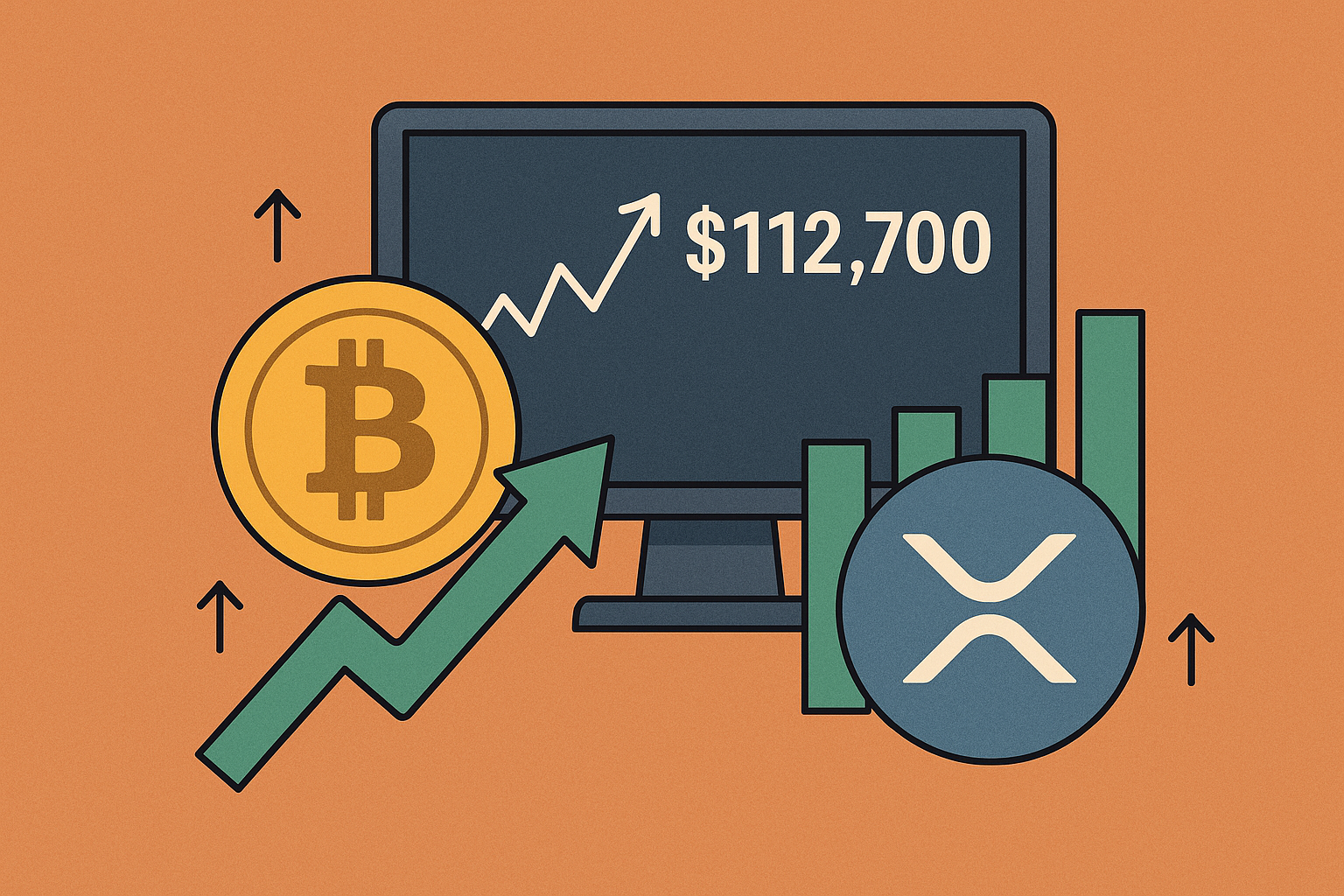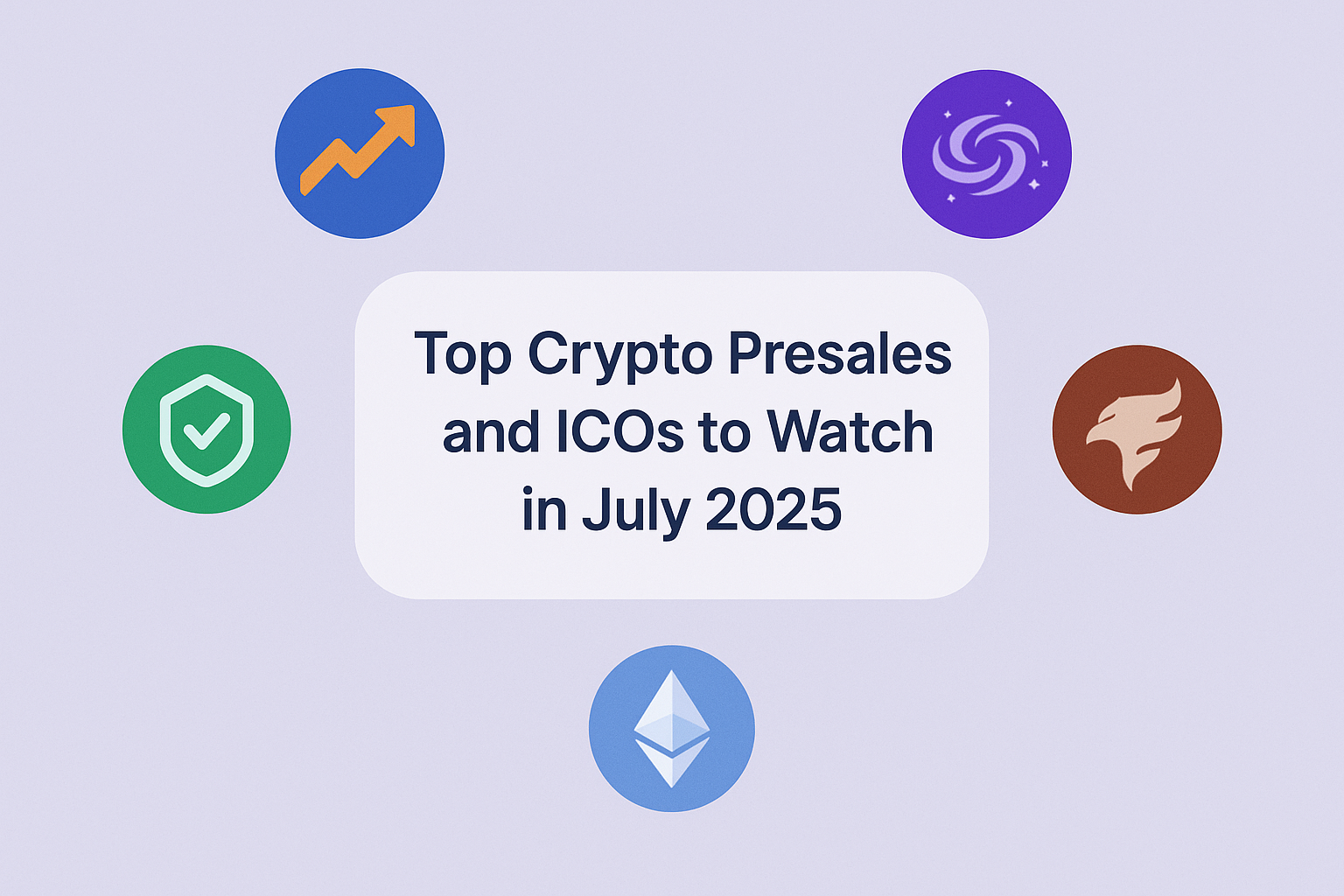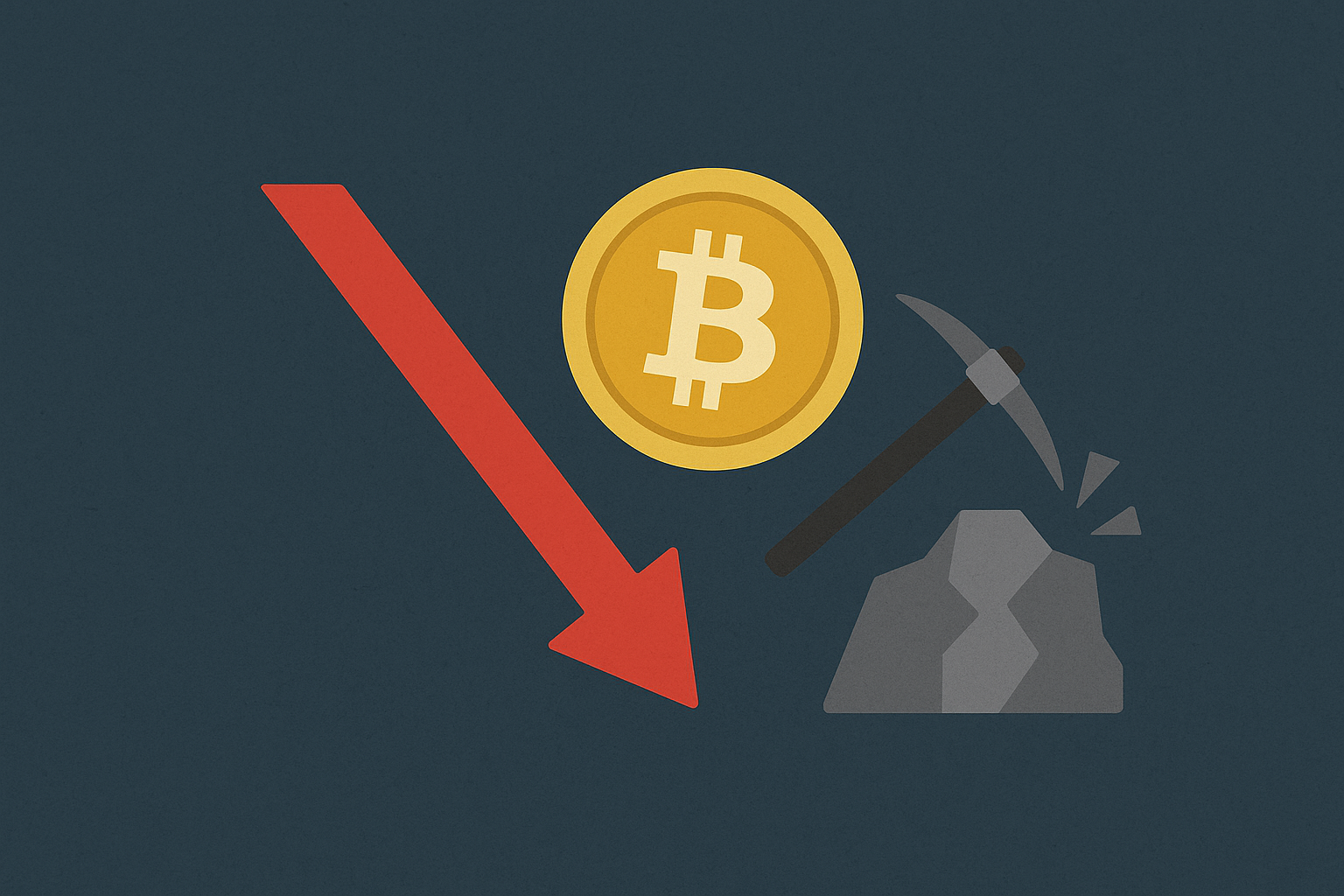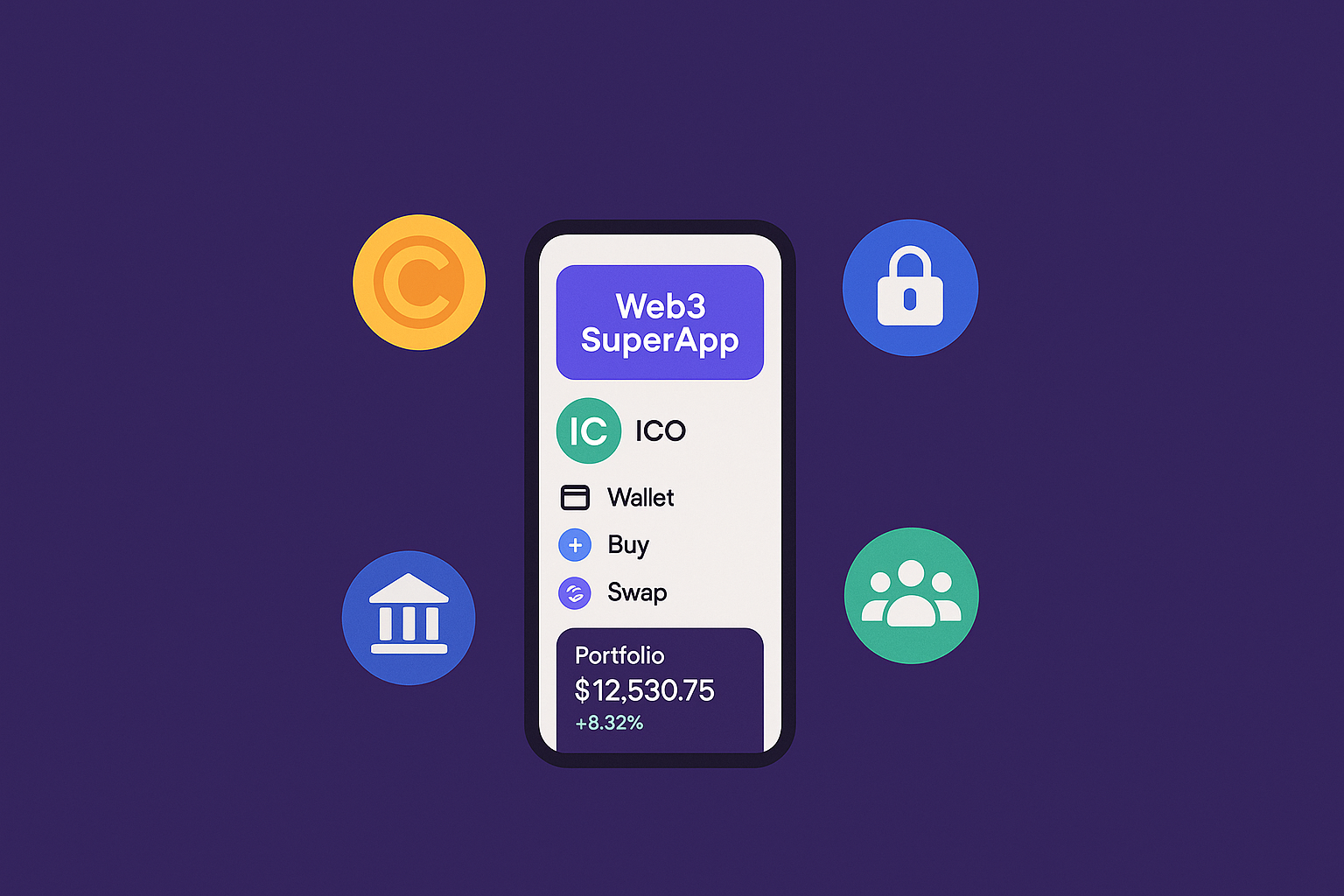Blockchain Technology
Exploring The World Of Decentralized Autonomous Organizations (DAOs)

Introduction
Decentralized Autonomous Organizations (DAOs) are reshaping the landscape of digital governance and collaboration. These blockchain-based entities operate on a set of programmed rules and are managed by community members rather than a central authority. DAOs represent a new paradigm in organizational management, promising more transparency and equity in decision-making processes.
The Concept Of DAOs
A DAO is built on blockchain technology, which ensures all transactions and rules are executed automatically through smart contracts. These contracts are public and immutable, making the operations of a DAO transparent and resistant to tampering. The fundamental principle behind a DAO is to provide a decentralized framework where decisions are made through the consensus of its members rather than by executives or a board of directors.
Advantages Of DAOs
One of the primary advantages of DAOs is the elimination of central points of failure and control, reducing the risks associated with centralized governance. This structure is particularly appealing in scenarios where trust needs to be distributed among multiple parties. Moreover, DAOs can operate globally, transcending traditional organizational and geographical boundaries. They empower individuals by giving them a voice in organizational matters proportional to their stake or involvement, fostering a sense of ownership and accountability.
Challenges And Risks
Despite their benefits, DAOs face significant challenges and risks. The code underlying DAOs can be complex and, at times, prone to vulnerabilities. For instance, the infamous DAO hack in 2016 resulted from such a vulnerability, leading to significant financial losses. Additionally, regulatory uncertainty surrounds DAOs, as many jurisdictions are still grappling with how to classify and regulate these digital entities.
DAOs In Practice
Various sectors are exploring the potential of DAOs to revolutionize their operations. In the cryptocurrency world, DAOs are commonly used to manage and govern decentralized finance (DeFi) projects. These projects leverage DAOs for tasks like fund management, protocol updates, and community governance decisions.
Outside of finance, DAOs are being considered for use in content creation, where they could enable artists and creators to monetize their work directly without intermediaries. Furthermore, philanthropic DAOs are emerging, which allow members to vote on and fund social and environmental initiatives transparently.
The Future Of DAOs
The future of DAOs is promising but uncertain. As blockchain technology continues to evolve and mature, it is expected that many of the current challenges faced by DAOs will be addressed. This evolution will potentially lead to wider adoption and more robust frameworks that can harness the benefits of decentralized governance without compromising on security or compliance.
Conclusion
DAOs offer a fascinating glimpse into the future of decentralized digital organizations. They have the potential to democratize operations in various fields, making systems fairer and more inclusive. However, for DAOs to reach their full potential, the community must address existing challenges, particularly in terms of security and regulation. As we continue to explore the capabilities and applications of DAOs, it is clear that they hold a significant place in the digital economy’s future, promising a more collaborative and transparent world.


